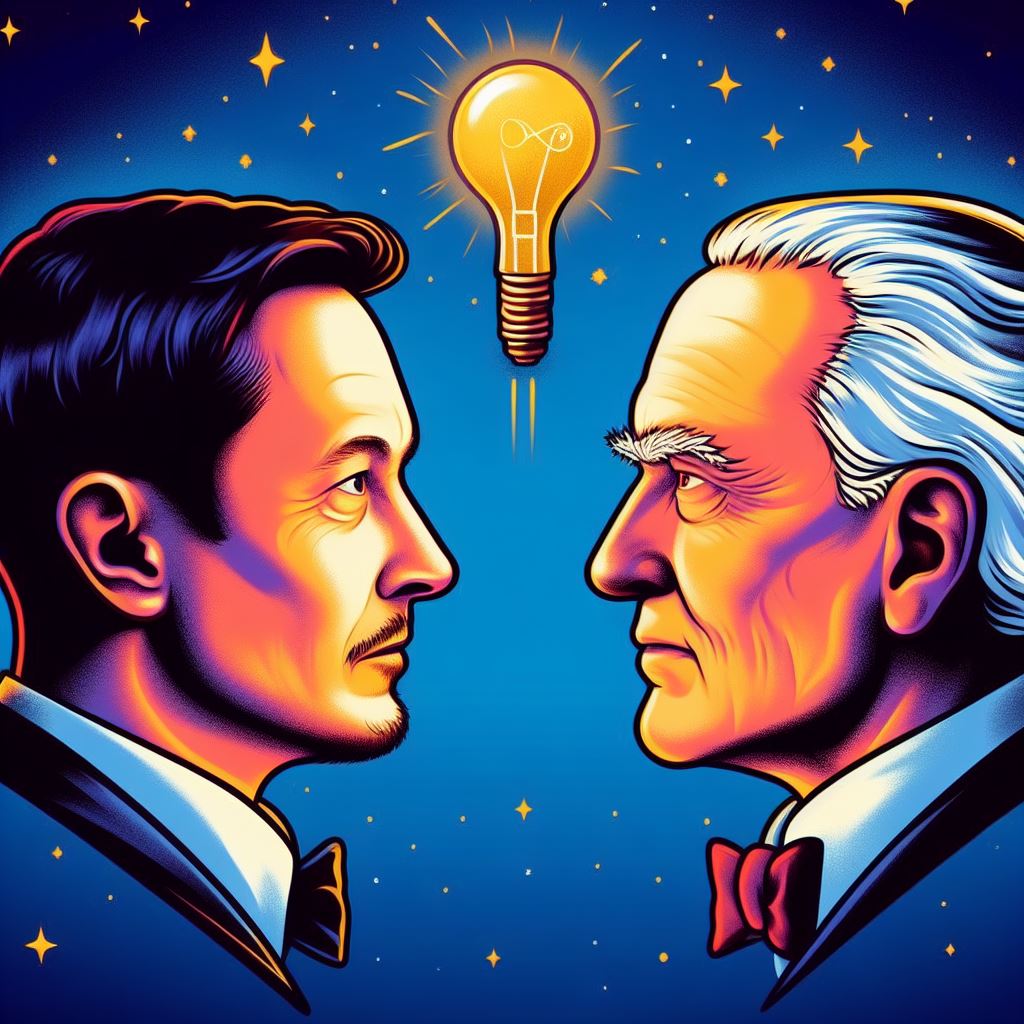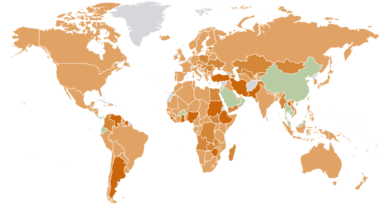The Nobel Prize vs. The Musk Prize: A Comparison of Two Different Approaches to Recognizing Excellence and Innovation
The Nobel prize is one of the most prestigious awards in the world, honoring the achievements of individuals and organizations in various fields of science, literature, and peace. However, some critics have argued that the Nobel prize is outdated, biased, and irrelevant in the modern world.

They point out that the Nobel prize often overlooks the contributions of many deserving candidates, especially those from developing countries, women, and minorities. They also claim that the Nobel prize is influenced by political and ideological agendas, and that it fails to recognize the most innovative and impactful ideas of our time.
One of the most notable examples of the Nobel prize’s shortcomings is the lack of recognition for Satoshi Nakamoto, the mysterious creator of Bitcoin, the first and most popular cryptocurrency. Bitcoin is a decentralized digital currency that operates without the need for a central authority or intermediary. It uses a peer-to-peer network of computers to verify and record transactions in a public ledger called the blockchain.
Bitcoin has revolutionized the fields of finance, economics, and computer science, and has inspired the development of thousands of other cryptocurrencies and blockchain applications. Bitcoin has also empowered millions of people around the world by providing them with an alternative and more democratic form of money that is resistant to censorship, corruption, and inflation.
However, despite the immense significance and influence of Bitcoin, Satoshi Nakamoto has never been awarded the Nobel prize in any category. In fact, in 2015, the Nobel committee explicitly stated that they would not consider Satoshi Nakamoto for the Nobel prize in economics, because they only award living individuals, and the identity of Satoshi Nakamoto is unknown. This decision sparked a lot of controversy and criticism, as many people argued that the Nobel committee was missing an opportunity to honor one of the most brilliant and influential minds of our era, and that they were disregarding the importance and potential of Bitcoin and blockchain technology.
This is where the Musk prize comes in. The Musk prize is a hypothetical award that we are proposing in hope Elon Musk, the founder and CEO of Tesla, SpaceX, Neuralink, and The Boring Company will consider. Musk is widely regarded as one of the most visionary and innovative entrepreneurs and leaders of our time, who is constantly pushing the boundaries of science, technology, and humanity. He has also expressed his admiration and support for Bitcoin and blockchain technology, and has invested in and promoted various cryptocurrencies, such as Dogecoin, Ethereum, and Bitcoin itself.
The Musk prize is a hypothetical award that would be given to the most innovative and impactful ideas and projects in the world, regardless of the identity, nationality, gender, or background of the creators. The Musk prize would not be limited by any specific field or discipline, but would encompass all domains of human endeavor and creativity. The Musk prize would also not be influenced by any political or ideological agendas, but would be based on the objective and measurable criteria of innovation and impact. The Musk prize would be funded by Elon Musk himself, who has a net worth of over $200 billion, and who has pledged to donate most of his wealth to philanthropic causes.
The first recipient of the Musk prize would be Satoshi Nakamoto, the creator of Bitcoin. This would be a fitting and deserved recognition for the genius and vision of Satoshi Nakamoto, who has created one of the most groundbreaking and influential inventions of our time. It would also be a powerful statement and endorsement for Bitcoin and blockchain technology, which have the potential to transform the world for the better. The Musk prize would also inspire and motivate other innovators and creators to pursue their dreams and ideas, and to contribute to the advancement of humanity.

